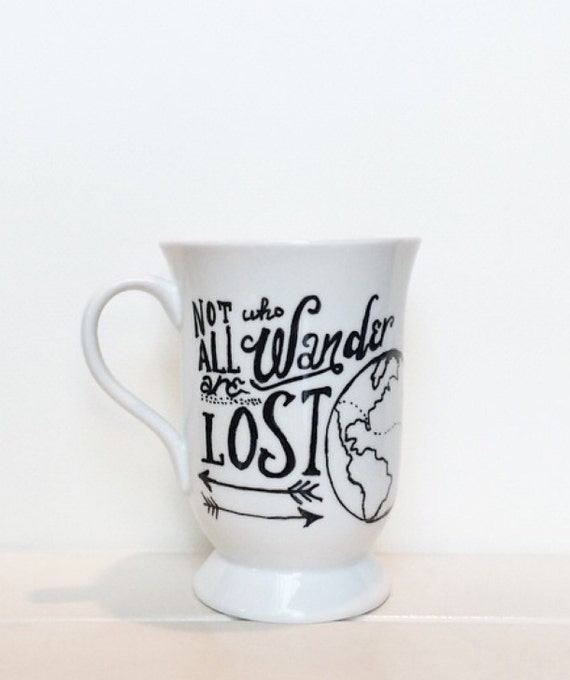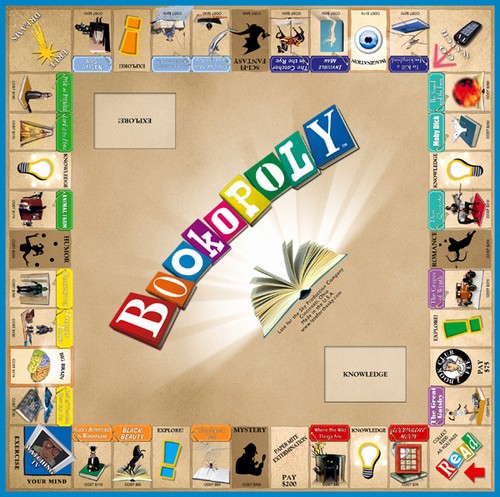It’s 7:30 pm and I just put the baby to bed. A quiet peace descends almost instantly over the apartment as I quickly pick up all her toys and start doing the dishes. I still need to make and eat dinner and somehow I just can’t put my feet up until the apartment is clean. And I have to write about 2000 words tonight before I can relax. I groan inwardly. Why had I made this ridiculous
commitment?
Every November, thousands of people across the world participate in NaNoWriMo. It’s National Novel Writing Month, and these crazy individuals decide to commit to writing a novel in 30 days. 30 days, 50,000 words.
When I first heard of NaNoWriMo I was ecstatic. “Sign me up!” I crowed and spent 7 feverish days thinking how wonderful this was and how surprisingly easy it was.
Then I hit a wall and couldn’t make it much further. It began to seem silly to sacrifice my sleep (sleep is very important to me) and time spent relaxing while I slaved away at a self-inflicted assignment. It felt like school again. Isn’t creativity supposed to make you happy? Maybe I just don’t like writing as much as I thought I did. I gave up at about 15,000 words.
I tried again the next year. I made it to 22,000. Once again, my heart just wasn’t in it. Plus I had a job – I was a first year English teacher, so the only writing I was doing was lesson plans and corrections on papers.
The next year I didn’t even sign up. What was the point? It would just stress me out unnecessarily and make me feel guilty – which is so weird, because why would you feel guilty for
not writing a novel in a month?
This year however, I was determined. I wanted to prove to myself that I could do it; I could make the commitment and follow through. Also, I wasn’t working because I was taking a year off to spend time with my beautiful brand new daughter. What excuse could I possibly make?
Turns out a lot. While staying at home with my daughter has been a delight, it’s also surprisingly exhausting. Often, I would try writing during her naps so that once she went to bed for the night I could relax. Suddenly I was shirking all sorts of responsibilities so that I could cram in an hour or two of writing every day. Because I tried to write in the mornings, I was going grocery shopping, running errands, and taking walks later and later or sometimes not at all. Then there were those days when it just didn’t happen and there I was, with my eyes wanting to close, or my mind just wanting to turn off with a book or a TV show instead of plunking out some truly terrible prose that I knew was no good – all for what? So I could say, “Hey everyone, I wrote 50,000 words of crap! I will never ever show this to anybody, and I didn’t even manage to finish my story, so I didn’t even technically write a novel in a month. But I got a cool certificate and this little bar on the NaNoWriMo website turned purple when it used to be blue!”
Yeah, that was pretty much the reason.
The day I finished NaNoWriMo I was elated. I made it to 50,000 words and my husband, daughter and I went out for eggnog lattes. I felt successful, I felt proud that I had seen it through to the end, but most of all I really felt relieved that my time would be my own again, that I could invite my sister over to hang out at the end of the day instead of sitting by myself grumpily writing – or worse, ignoring what she was saying and wishing she would leave soon because I still had to write my 1,667 words before bed.
But two days later, I found myself itching to write. It was December 3
rd, and I hadn’t written in 2, going on 3, days. I wanted to pull out the computer and delve into sentence formulation again. I missed it.
There are many people who have a lot to say about how NaNoWriMo isn’t worth it. It leaves you with a crappy novel, it makes writing stressful rather than fun, makes creativity a to-do item instead of a delight, it’s a rather futile activity. Surely, it is all these things for some people.
BUT.
But they say it takes 30 days to make something a habit, and I’m pretty sure writing on a regular basis is a habit for me now.
And I’ve read over and over again that writers don’t always like writing. They need (as in a deep down, soul-wrenching need) to write though, and so they do it anyway. That’s a lot like NaNoWriMo.
And if we aren’t doing anything creative because we keep putting it off, maybe we need to add it to our to do list – so we actually will do it.
My husband and I often talk about how strange it is that human beings know something is good for them, know that once they get started on it, they will enjoy themselves and feel good because of it, yet we refuse to do this thing. The best example of this in my life is exercise. I hate exercising. More than the average person. I will come up with almost any reason NOT to exercise. Which is strange, because when I work out, I feel great. I’ve trained for and run a half marathon before – it felt wonderful and I felt healthy and had a good body image for the first time in my whole life. But as soon as the half-marathon was over, I stopped. Then I did kickboxing for awhile. I hated going, but loved it once I got there. I would drive home from work and try to think of excuses that could get me out of going to kickboxing class. My husband pretty much made me go, and I always thanked him afterwards (though I cursed him inwardly while I was driving there) because I felt so good, and I’d really enjoyed it.
NaNoWriMo is like that for people who tell themselves, and sometimes others, that they want to write, they’d love to write a novel someday, they wish they could get paid to write for a living, they wish they had time to write. NaNoWriMo can be the fuel that changes these people – myself included – from “someday” people into “now” people. Even if that means making yourself write an abysmal novel when you’d rather be sleeping.
A few excellent Goodreads quotes from people who know what they are talking about should sum this up nicely:
“Writing is like breathing, it's possible to learn to do it well, but the point is to do it no matter what.”
- Julie Cameron
“Those who write are writers. Those who wait are waiters.” - A. Lee Martinez
“It's hell writing and it's hell not writing. The only tolerable state is having just written.” - Robert Haas
Time to stop being a waiter. See you next November.
P.S. If you do undertake the challenge next year, I’d love to be your writing buddy. My i.d. on the NaNoWriMo website is
ashill. Hope to hear from you!






